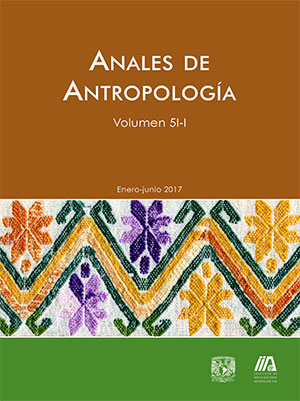Merging perspectives of learners: Corporeality, intersubjectivity and coexistence in art education
Contenido principal del artículo
Resumen
Humiliation of body and feelings is deeply rooted in the philo- sophical tradition of the West. In Western history of philosophy, the body has always been under suspicion and the rational power has been considered as holding the responsibility of restraining and guiding one toward excellence. From the Ancient Greek philosophers such as Socrates and Plato to modern philosophers such as Descartes, it was constantly stated in this tradition that real knowledge must be independent from physical perception and feelings, because sensual and emotional experiences distort the nature of reality. The view in Cartesian philosophy became an absolute and established form and left a profound impact on modern view on the priority of wisdom. For modern per- ception, also, the body used to be considered an unreliable and uncertain basis for recognition. The idea of thinking in mod- ern philosophy is coupled with Descartes’ well-known quote, “I think, therefore I am”. Descartes stated that to achieve the truth, bodily senses are not essentially required, and thus, he separated mind and body and divided them into two independent and dis- tinct elements. Descartes believed that human mind and wisdom are prior to physical feelings and desires, and the only way to achieve recognition and truth is to rely on mind without body, because body and physical senses might misguide the seeker in the way of recognition.
Descargas
Detalles del artículo
Citas en Dimensions Service
Esta revista usa una licencia CC del tipo CC BY-NC-ND 3.0. Se maneja bajo el esquema de acceso abierto, con una licencia Creative Commons Attribution-NonCommercial-NoDerivs 3.0 Unported.

